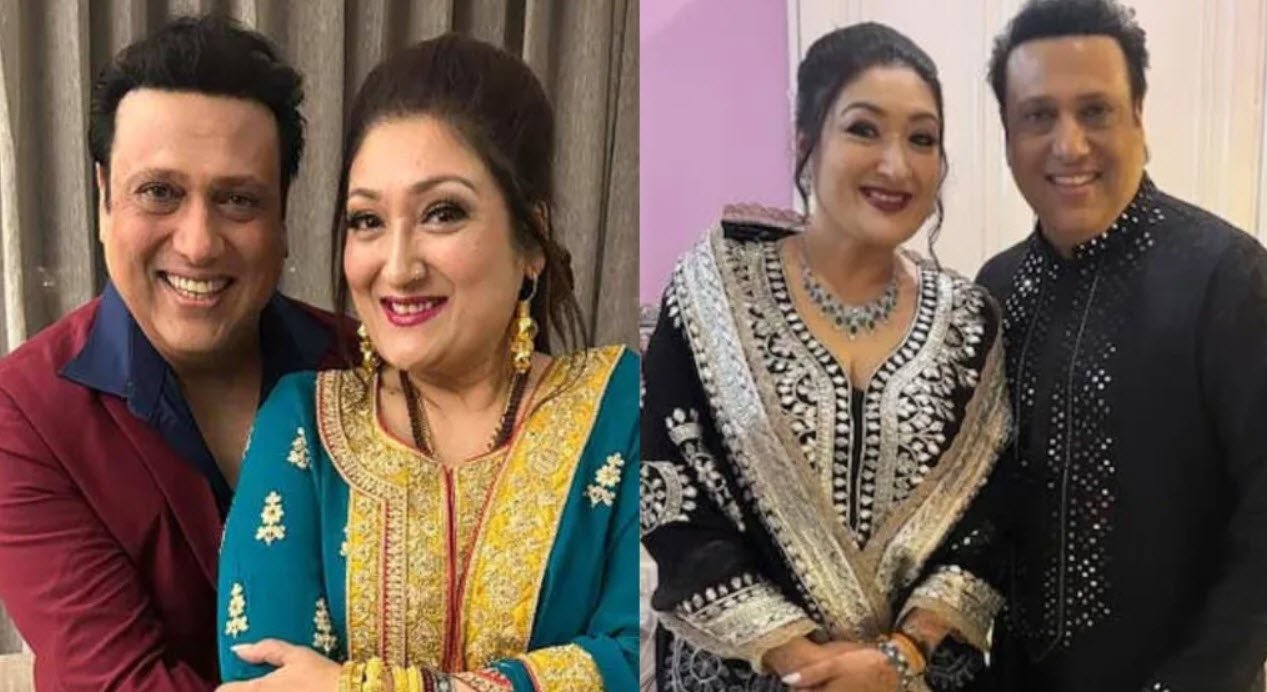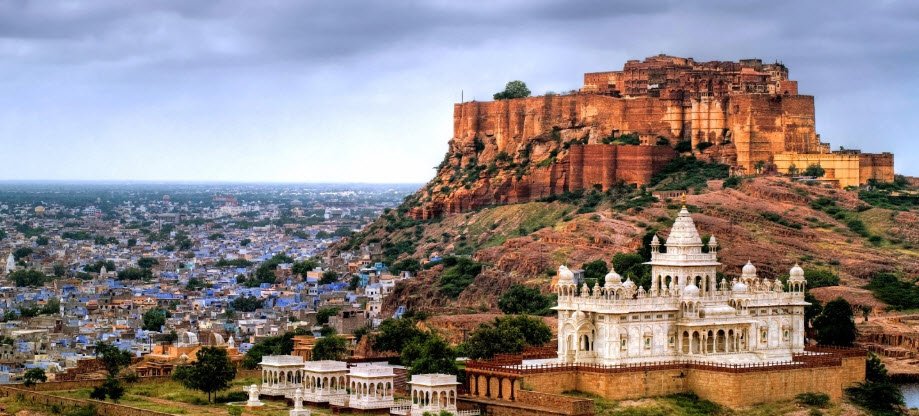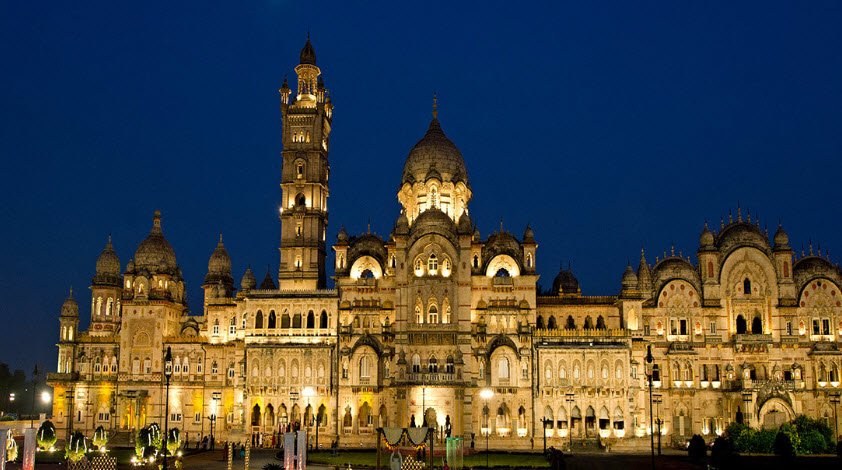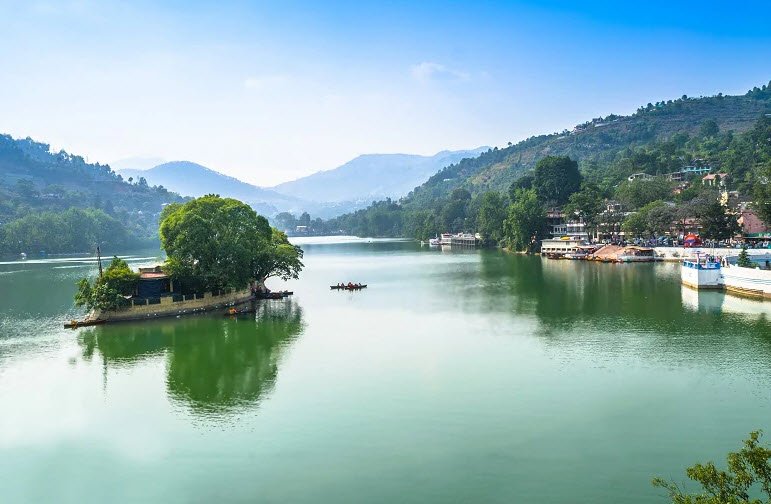
The Hindu Pantheon: A Divine Tapestry of Gods and Goddesses
The Hindu Pantheon: A Divine Tapestry of Gods and Goddesses
Hinduism, one of the world's oldest and most diverse religions, boasts a rich tapestry of gods and goddesses. These divine beings, collectively referred to as deities, play vital roles in the spiritual lives of millions of followers across the globe. They represent various aspects of life, nature, and cosmic forces, each holding unique attributes and powers.
Let's delve into the fascinating world of Hindu God and Goddesses, exploring some of the prominent ones:
1. Vishnu
One of the principal deities in Hinduism, Vishnu is known as the preserver of the universe. He is depicted with a dark-blue complexion, holding a discus (chakra) and a conch shell (shankha) in his hands. Vishnu incarnates on Earth whenever there is a decline in righteousness (dharma) to restore cosmic balance. His most famous avatars are Rama and Krishna.
2. Brahma
Brahma is the creator god in Hinduism and is often portrayed with four heads, symbolizing the four Vedas (ancient sacred texts). He sits on a lotus, emerging from the navel of Lord Vishnu. Brahma's role is to bring the universe into existence and initiate the cycle of creation, but he is less actively worshiped compared to other gods.
3. Saraswati
Goddess Saraswati is revered as the embodiment of knowledge, music, arts, and wisdom. She is often depicted playing the veena (musical instrument) and sitting on a lotus. Students, artists, and seekers of knowledge pray to her for guidance and blessings in their pursuits.
4. Lakshmi
Goddess Lakshmi symbolizes wealth, prosperity, and abundance. She is the consort of Lord Vishnu and is depicted with four arms, carrying symbols of prosperity like lotus flowers and gold coins. Lakshmi is venerated by devotees seeking material and spiritual wealth in their lives.
5. Shiva
Lord Shiva, the destroyer and transformer, is a central figure in Hinduism. He is often depicted with a third eye on his forehead, symbolizing wisdom and knowledge. Shiva is associated with meditation, asceticism, and the power of destruction to pave the way for new creation. His divine consort is Goddess Parvati.
6. Shakti
Shakti, also known as Devi or the Divine Mother, is the personification of feminine energy and power. She represents the dynamic forces that energize the universe. Shakti is worshiped in various forms such as Durga, Kali, Parvati, and more, each signifying different aspects of her divine nature.
7. Ganesha
Lord Ganesha, the elephant-headed god, is revered as the remover of obstacles and the patron of new beginnings. He is often invoked at the beginning of any important venture or ceremony. Ganesha's distinct appearance and lovable nature make him one of the most popular deities in Hinduism.
8. Indra
Indra is the king of the gods and the ruler of heaven (Swarga). He is associated with thunder, lightning, and rain. In ancient times, Indra was considered the supreme god, but his importance gradually diminished with the rise of other deities like Vishnu and Shiva.
9. Agni
Agni is the god of fire and a vital part of Hindu rituals and ceremonies. He is believed to act as a messenger between humans and the gods. Agni's significance lies in the transformative power of fire, symbolizing purification and offering prayers to the divine.
10. Surya
Surya is the solar deity and the god of the sun. He is depicted riding a chariot drawn by seven horses and radiating light in all directions. Surya is revered for his life-giving properties, providing energy and sustenance to all living beings.
11. Vayu
Vayu is the god of wind and a vital element in the balance of the natural world. He is depicted as a strong, swift deity riding the air with his mouth wide open. Vayu is responsible for carrying life-sustaining air, enabling all living beings to breathe.
12. Hanuman
Lord Hanuman is a revered deity known for his unwavering devotion to Lord Rama. He is depicted as a monkey god and is considered an epitome of strength, courage, and loyalty. Hanuman is venerated for his boundless love and dedication, and he is widely worshiped for protection and blessings.
Hinduism's pantheon of gods and goddesses represents a diverse range of qualities, energies, and cosmic principles. Devotees find solace, guidance, and inspiration in their worship, seeking divine blessings for various aspects of life. The beauty of Hinduism lies not only in the worship of individual deities but also in the understanding of their interconnectedness, reflecting the profound unity of the universe.










